Rep. Khanna’s move to release Epstein Files blocked in house committee
The California Democrat argued that every member of Congress should be forced to vote publicly on the matter.
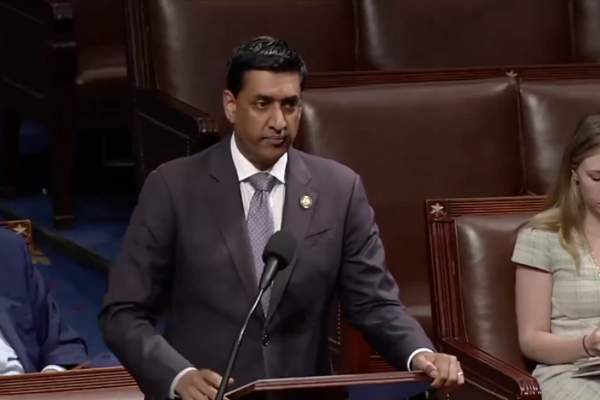 Ro Khanna / X (Ro Khanna)
Ro Khanna / X (Ro Khanna)
The U.S. House Speaker’s Rules Committee on July 14 blocked an amendment introduced by Indian American Congressman Ro Khanna demanding the full public release of U.S. Department of Justice files related to Jeffrey Epstein.
The move was defeated in a narrow 7–5 vote, with only one Republican, Rep. Ralph Norman (R–S.C.), joining Democrats in support.
Also Read: Trump says he spoke to FBI's Bongino amid Epstein uproar
Khanna’s amendment, proposed as part of the GENIUS Act—a bill focused on cryptocurrency and national defense—sought to compel Attorney General Pam Bondi to preserve and publish all records linked to Epstein’s investigations, prosecutions, and incarceration within 30 days of the bill’s enactment.
In a floor speech on July 15, Khanna criticized the committee’s decision: “Last night, the Speaker's Rules Committee voted to block my amendment that called for the full release of the Epstein files while protecting the victims’ identity. Let’s just be clear—they voted to protect rich and powerful men who were abusing, assaulting, and abandoning young women. That’s what this vote is about.”
A nation that chooses to protect rich and powerful men who abandon, abuse, and assault young girls is a nation that has lost its moral purpose.
— Rep. Ro Khanna (@RepRoKhanna) July 15, 2025
We get a vote this afternoon.
I will continue to fight for the release of the Epstein files. pic.twitter.com/kKf8YLH7It
Khanna argued that shielding the names of individuals associated with Epstein undermines public trust. “A nation that chooses impunity for the rich and the powerful at the expense of our children is a nation that has lost its moral purpose,” he said.
Khanna’s proposal gained attention across ideological lines. In his remarks, he urged colleagues to show the same courage as Republicans who have publicly supported the release, including Ralph Norman, Marjorie Taylor Greene, and Thomas Massie. “It’s not just a question of Epstein. It’s a question of trust in our democracy. It’s a question of restoring a government of the people, by the people, for the people.”
The push for disclosure intensified following a DOJ and FBI memo stating that sex trafficer Epstein died by suicide in 2019 and that no “client list” exists—a claim that triggered backlash from MAGA-aligned figures such as Steve Bannon, Megyn Kelly, Tucker Carlson, and Elon Musk, who accused the government of a cover-up.
Khanna, referencing the influence of elite donors and foreign interests, said, “Let’s speak plainly—these rich and powerful men donate to the politicians in Washington, D.C., play golf with the elites, they are foreign leaders we don’t want to offend, and they interact with our intelligence agencies that we don’t want to disobey. There is something rotten in Washington.”
Democratic leaders including House Minority Leader Hakeem Jeffries and Rep. Jamie Raskin have echoed Khanna’s call for transparency, citing public safety concerns if others named in the files remain unknown. A separate resolution demanding the release of the same documents has also been introduced by Rep. Marc Veasey (D–Texas).
ADVERTISEMENT
ADVERTISEMENT
E Paper
Video




 Malvika Choudhary
Malvika Choudhary
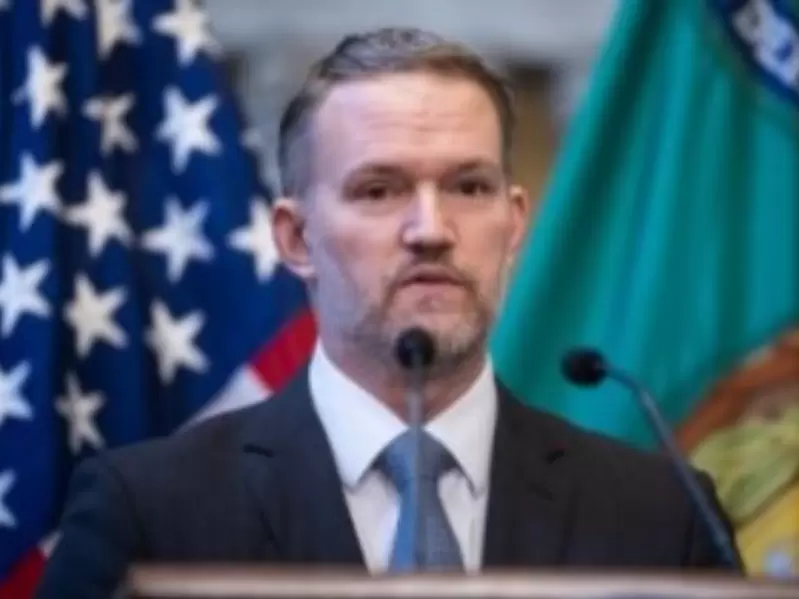
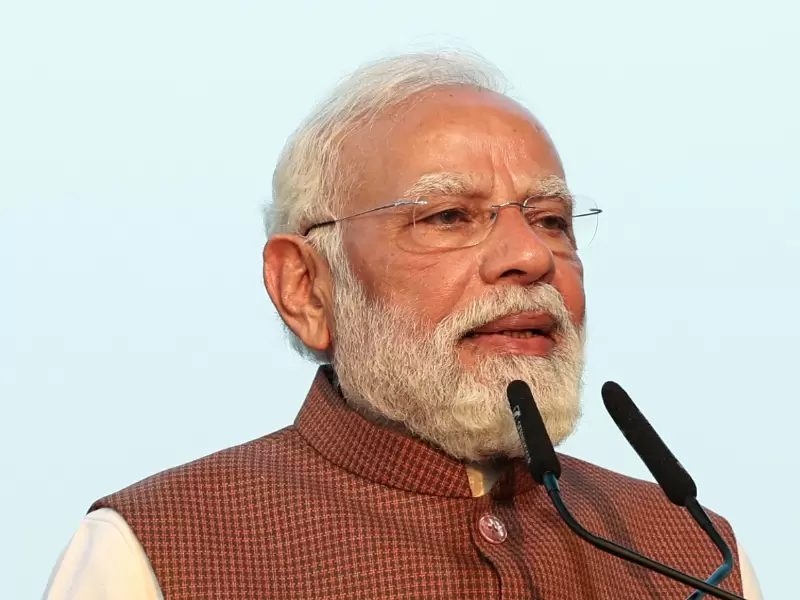
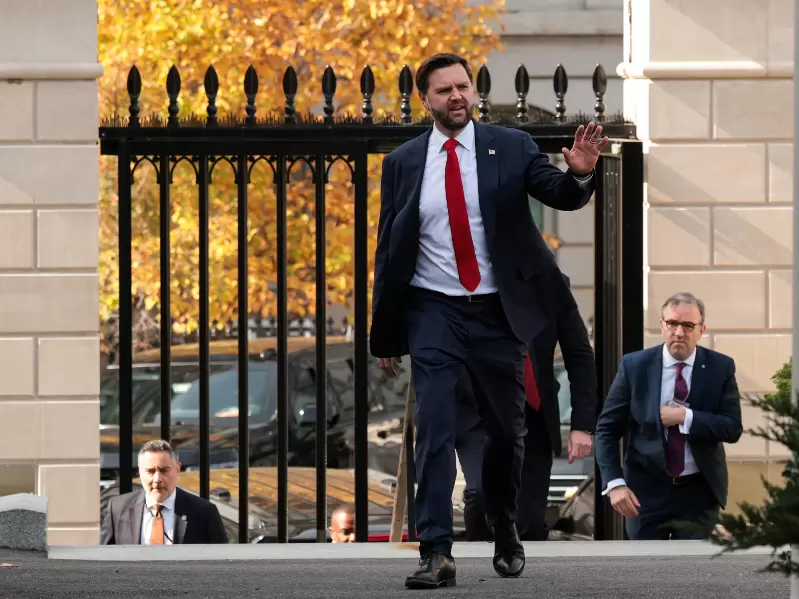



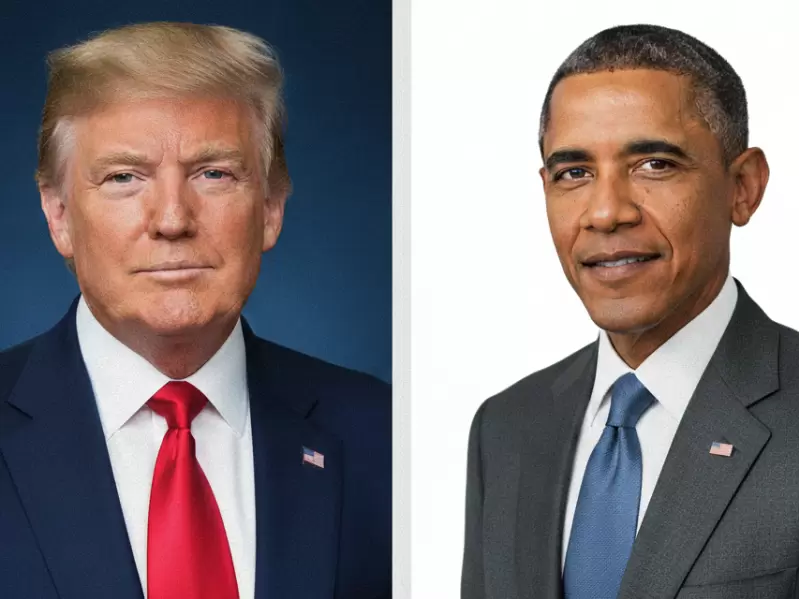
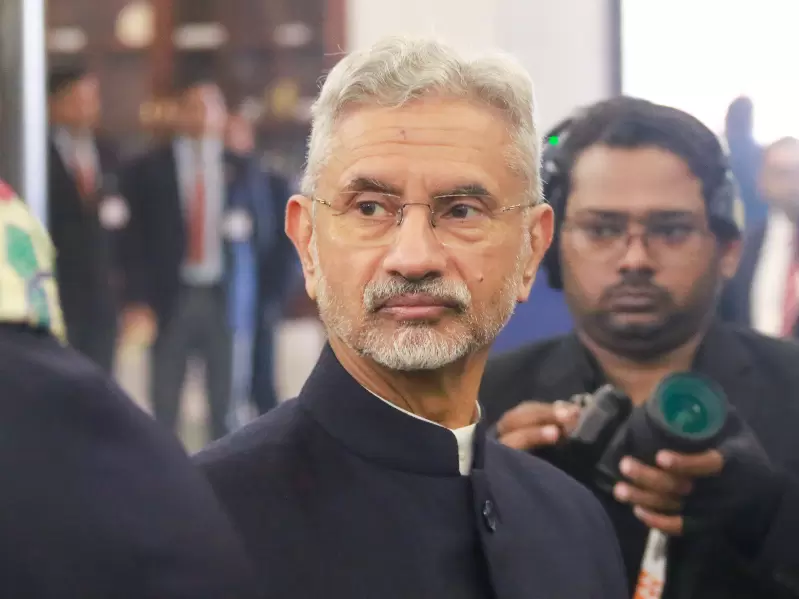
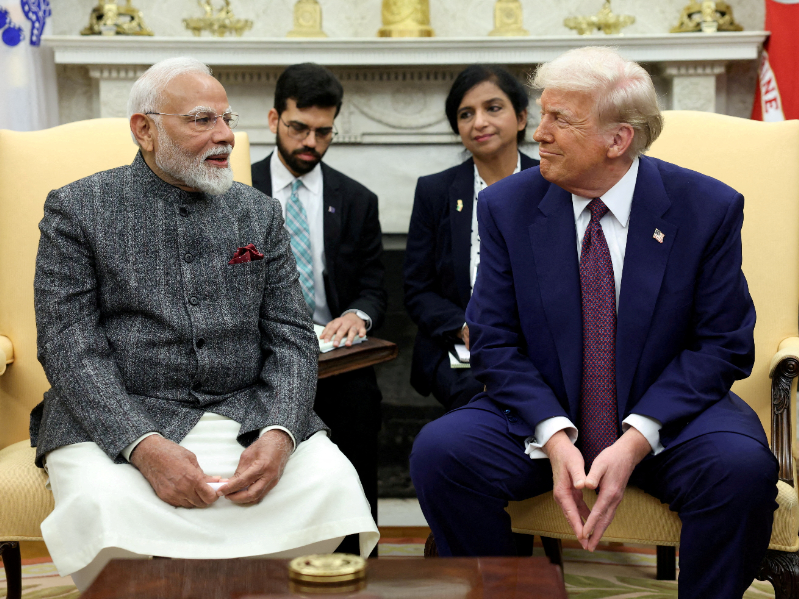




Comments
Start the conversation
Become a member of New India Abroad to start commenting.
Sign Up Now
Already have an account? Login